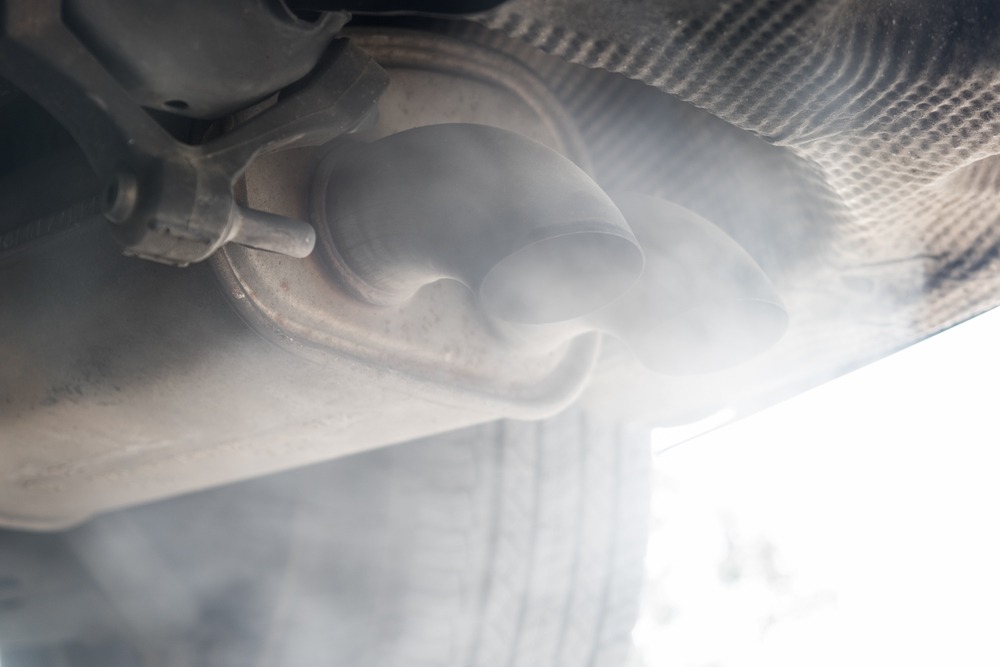
Members of the Senate Environment and Public Works (EPW) Committee recently introduced the Diesel Emissions Reduction Act (DERA) of 2017, which would reauthorize funding for DERA through 2022 and ensure equal funding to communities regardless of population.
“The DERA program continues to be a bipartisan, commonsense approach to curbing toxic diesel emissions, promoting public health, and spurring economic growth,” Sen. Tom Carper (D-DE) said. “In fact, since its inception, DERA has been one of the most cost-effective clean air programs with an average of $13 in health and economic benefits for every $1 put into the program. At a time when our country is looking for ways to create jobs, reduce health care costs and clean up the environment, supporting clean diesel through DERA stands out as a prime example of what works.”
DERA was established in 2005, and the last funding authorization was in 2010. It is administered by the Environmental Protection Agency.
The program has upgraded approximately 73,000 vehicles or pieces of equipment, and has reduced emissions by 14,700 tons of particulate matter and 335,200 tons of nitrogen oxides. An estimated $12.6 billion of health benefits has been achieved.
In addition to Carper, the bill’s co-sponsors were Sens. John Barrasso (R-WY), Jim Inhofe (R-OK), and Sheldon Whitehouse (D-RI).